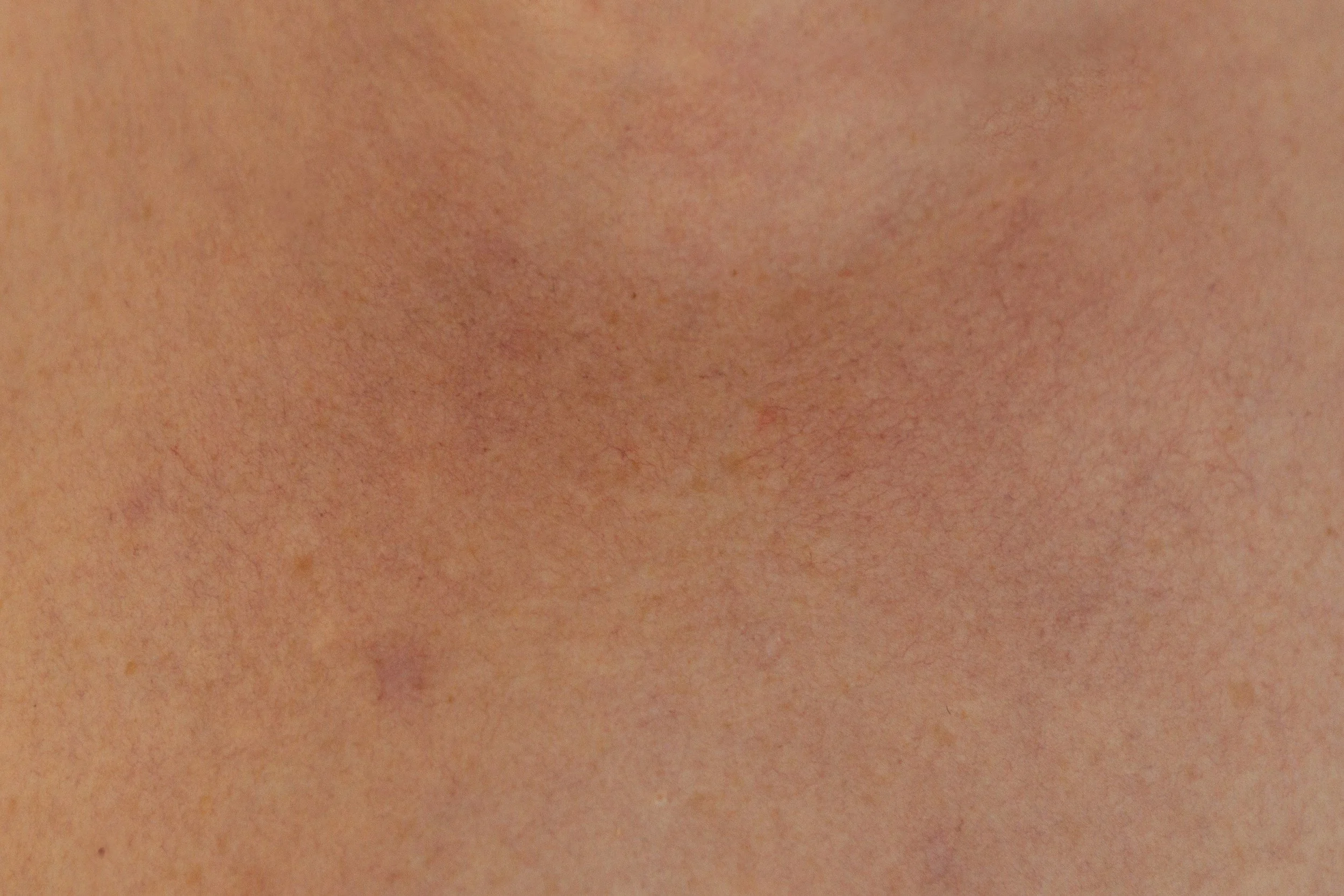How Skin Quality Affects Surgical Results
When people think about plastic surgery, they often focus on reshaping or lifting — but your skin quality is sometimes just as important as the procedure itself. Healthy, elastic skin can greatly improve your surgical results, while thin, sun-damaged, or inelastic skin may limit what’s achievable.
Understanding the role of skin quality helps set realistic expectations and highlights ways you can prepare your skin before and after surgery.
Why Skin Quality Matters in Plastic Surgery
Skin is the “envelope” that covers our underlying body structure. No matter how well a surgeon repositions or reshapes tissue, the final look often depends on how well the skin can adapt.
Elasticity – Skin that stretches and contracts easily adapts better after surgery.
Thickness – Thicker, healthy skin usually conceals contour irregularities more effectively.
Sun damage and ageing – UV exposure breaks down collagen and elastin, making skin thinner and less resilient.
Lifestyle factors – Smoking, poor nutrition, and lack of hydration all reduce skin’s ability to heal and recover.
Examples of How Skin Quality Influences Results
Facelift surgery – Results are more defined and longer-lasting with firm, elastic skin. With poor skin and tissue elasticity, the lift may look less sharp or “settle” more quickly.
Tummy tuck (abdominoplasty) – Patients with stretch marks or thin skin may notice less smoothness compared to those with healthier skin.
Breast surgery – Skin quality can affect how well breasts hold their shape after augmentation, reduction, or lift.
Liposuction – Good skin elasticity allows skin to contract around new contours; poor elasticity can lead to sagging.
How to Improve Skin Quality before Surgery
While you can’t change genetics, there are ways to optimise your skin before surgery:
Stop smoking – Smoking decreases blood flow and slows healing.
Sun protection – Daily sun protection prevents further UV damage to the skin.
Healthy nutrition – A balanced diet rich in protein, vitamins C and E, and omega-3s supports collagen production.
Hydration – Keeping skin well-hydrated improves elasticity.
Medical skincare – Prescription creams, retinoids, and professional treatments can stimulate collagen and improve texture.
Skin Quality & Recovery
After surgery, good skin quality helps with faster wound healing, better scar formation and longer-lasting results.
I may recommend specific creams, silicone gels, or laser treatments to optimise scar healing and maintain results.
FAQs About Skin Quality and Plastic Surgery
Can poor skin quality be improved before surgery?
Yes — lifestyle changes, medical skincare, and professional treatments can all help prepare your skin.
Does age always mean poor skin quality?
Not necessarily. Many older patients still have good elasticity, especially if they’ve protected their skin over the years.
What if I have thin or damaged skin?
I will discuss realistic outcomes and may recommend combining surgery with ancillary or non-surgical treatments to improve skin quality and results.
The bottom line
Skin quality plays a major role in plastic surgery results. By protecting and caring for your skin before and after surgery, you can often achieve better, longer-lasting outcomes.
Dr. Jenaleen Law
Specialist Plastic and Reconstructive Surgeon
MED0001775113

